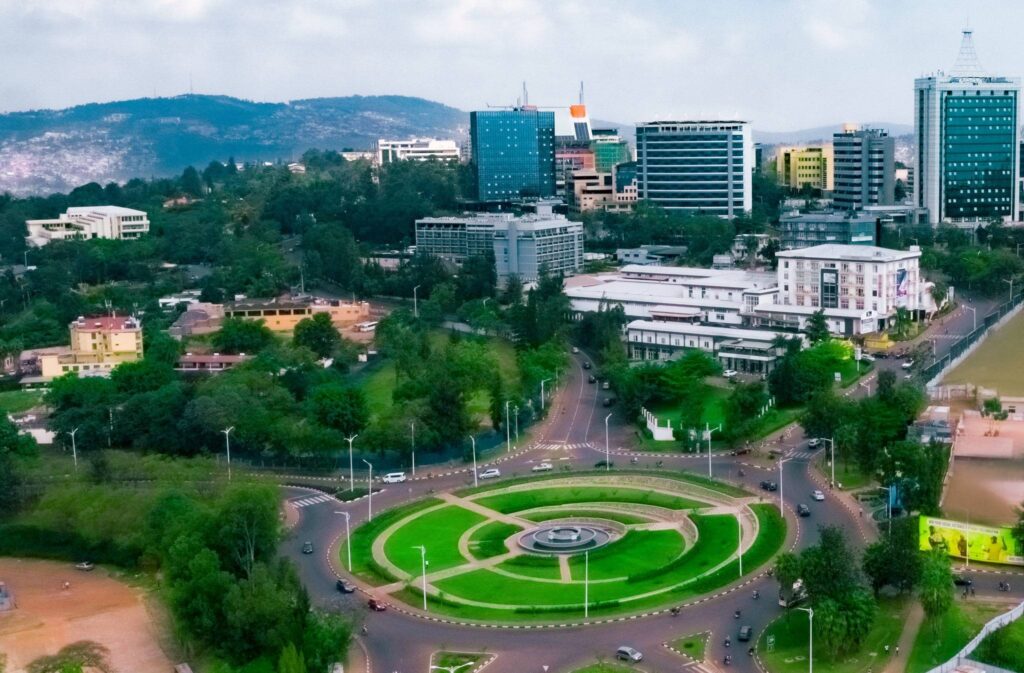Social Impact Of Tourism In Rwanda
Social Impact of Tourism in Rwanda: Over the years, tourism has played a significant role in the country’s economy, accounting for more than 4% of GDP. With over 2 million visitors in 2013 and an estimated $570 million in spending, Rwanda saw record levels of tourism, which is a significant source of income for the country. Rwanda is a prime location for the tourism sector due to its stunning natural surroundings and vibrant culture, but the sector has also had an effect on the populace and the nation as a whole.

Both positive and negative effects of tourism are observable.
The construction of hotels and tour companies, which have boosted the country’s economy and provided jobs for Rwandans, is one example of how tourism has positively impacted the country. Additionally, the development of tourism has aided in the preservation of cultural and historical sites because it gives visitors a chance to learn about and appreciate the history of the country.
The first and most evident advantage of the tourist sector is the economic boost it gives Rwanda by creating jobs and tax income. In addition to accounting for more than 70% of the nation’s foreign exchange profits between 2006 and 2016, the business significantly increased government revenue through taxes and license fees. Additionally, a large number of Rwandans employed in the tourism industry now have jobs thanks to tourism. The number of jobs related to tourism increased by about 40% between 2010 and 2015, and many of these occupations were held by locals who had profited from employment opportunities in the sector.
Since the early 1990s, when tourism to Rwanda started to increase after the civil war ended in 1994, employment in the sector has expanded significantly. With almost 5% of all revenue coming from tourism in 2017, the industry has grown in importance as a source of income for the government in recent years. Many residents of the area have jobs thanks to tourism, which also gives the government a sizable amount of funding.
New data issued by the Rwanda Development Board indicates that around a million individuals visited Rwanda in 2018—a roughly 3% increase over the previous year. The increase in travelers is a result of initiatives to promote domestic travel by utilizing airports more frequently and building better roads.
A large number of hotels were in danger of failing or going bankrupt as a result of the global financial crisis and the subsequent slump in the hotel business. Still, a growing number of hotel companies have returned to profitability as a result of better market conditions in recent years.
Due to the increase in demand for travel and tourism-related services, the tourism industry has profited from the robust economic expansion over the last 20 years. Rwandans have become more eager and able to go overseas as disposable income has increased as a result of rising earnings and declining rates of poverty.
The Ministry of Home Affairs collects taxes at border crossings, while the Rwanda Development Board collects taxes at popular tourist destinations. Together, these taxes make up a significant portion of Rwanda‘s foreign exchange earnings and government coffers.



